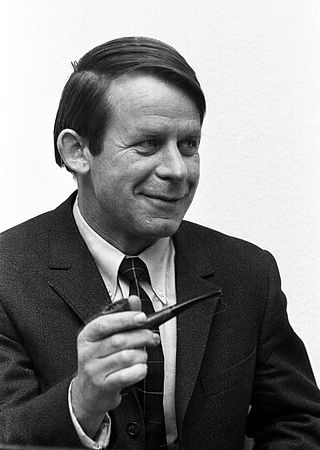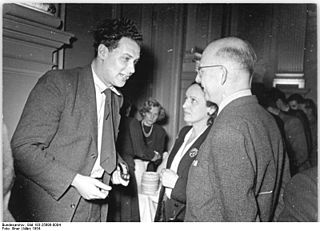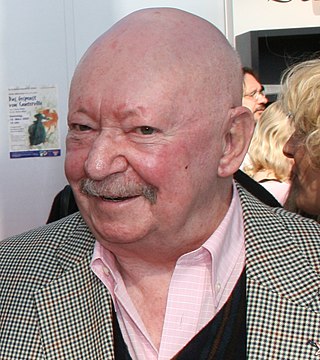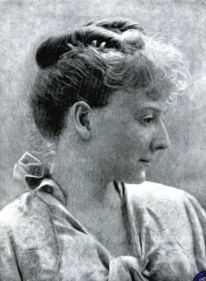Patrick Süskind is a German writer and screenwriter, known best for his novel Perfume: The Story of a Murderer, first published in 1985.

Antje Vollmer was a German Protestant theologian, academic teacher and politician of the Alliance 90/The Greens. She became a member of the Bundestag in 1983 when the Greens first entered the West German parliament, before joining the party in 1985. From 1994 to 2005, she was Vice President of the Bundestag, the first Green in the position. She was a pacifist.

Frank Paul Beyer was a German film director. In East Germany he was one of the most important film directors, working for the state film monopoly DEFA and directed films that dealt mostly with the Nazi era and contemporary East Germany. His film Trace of Stones was banned for 20 years in 1966 by the ruling SED. His 1975 film Jacob the Liar was the only East German film ever nominated for an Academy Award. After the fall of the Berlin Wall in 1989 until his death he mostly directed television films.

Franz Carl Heimito, Ritter von Doderer, known as Heimito von Doderer, was an Austrian writer.
Maxim Biller is a German writer and columnist.

Siegfried Lenz was a German writer of novels, short stories and essays, as well as dramas for radio and the theatre. In 2000 he received the Goethe Prize on the 250th Anniversary of Johann Wolfgang von Goethe's birth. He won the 2010 International Nonino Prize in Italy.

Jakob Wassermann was a German writer and novelist.

Weimar Classicism was a German literary and cultural movement, whose practitioners established a new humanism from the synthesis of ideas from Romanticism, Classicism, and the Age of Enlightenment. It was named after the city of Weimar, Germany, because the leading authors of Weimar Classicism lived there.

Franz Carl Weiskopf was a German-speaking writer. Born in Prague, then part of Austria-Hungary, he was often referred to as F. C. Weiskopf, he also used the pseudonyms Petr Buk, Pierre Buk and F. W. L. Kovacs. He died in Berlin in 1955.

Marie Luise Kaschnitz was a German short story writer, novelist, essayist and poet. She is considered to be one of the leading post-war German poets.

Günter Kunert was a German writer. Based in East Berlin, he published poetry from 1947, supported by Bertold Brecht. After he had signed a petition against the deprivation of the citizenship of Wolf Biermann in 1976, he lost his SED membership, and moved to the West two years later. He is regarded as a versatile German writer who wrote short stories, essays, autobiographical works, film scripts and novels. He received international honorary doctorates and awards.
Hans Günther Adler was a Czech-English German-language poet and novelist, scholar, and Holocaust survivor.

René Schickele was a German-French writer, essayist and translator.

Jürg Schubiger was a Swiss psychotherapist and writer of children's books. He won the Deutscher Jugendliteraturpreis in 1996 for Als die Welt noch jung war.

Günther Weisenborn was a German writer and fighter in the German Resistance against Nazism. He was notable for collaborating with Bertolt Brecht, along with Hanns Eisler, Slatan Dudow, on the play, The Mother. However, in 1933, when the work fell out of favour by the Nazis after being blacklisted by Joseph Goebbels, he emigrated to Argentina. When he returned in 1937, be became a member of a Berlin-based resistance group that was later renamed to the Red Orchestra by the Abwehr. Arrested in 1942 and sentenced to several years in prison, he was released in 1945 by Soviet troops.

Reinhard Jirgl is a German writer.

Rainer Kirsch was a German writer and poet.

Elisabeth von Heyking was a German novelist, travel writer and diarist. She is known for her best-selling 1903 novel Briefe, die ihn nicht erreichten and her travel diaries, published posthumously in 1926.
Peter Handke is an Austrian novelist, playwright, translator, poet, film director, and screenwriter.

Auguste Hauschner was a German writer. She also published under the pseudonym of Auguste Montag. She is considered as an important representative of German-speaking authors in Prague. In her work, she repeatedly pointed out socially critical issues.
















